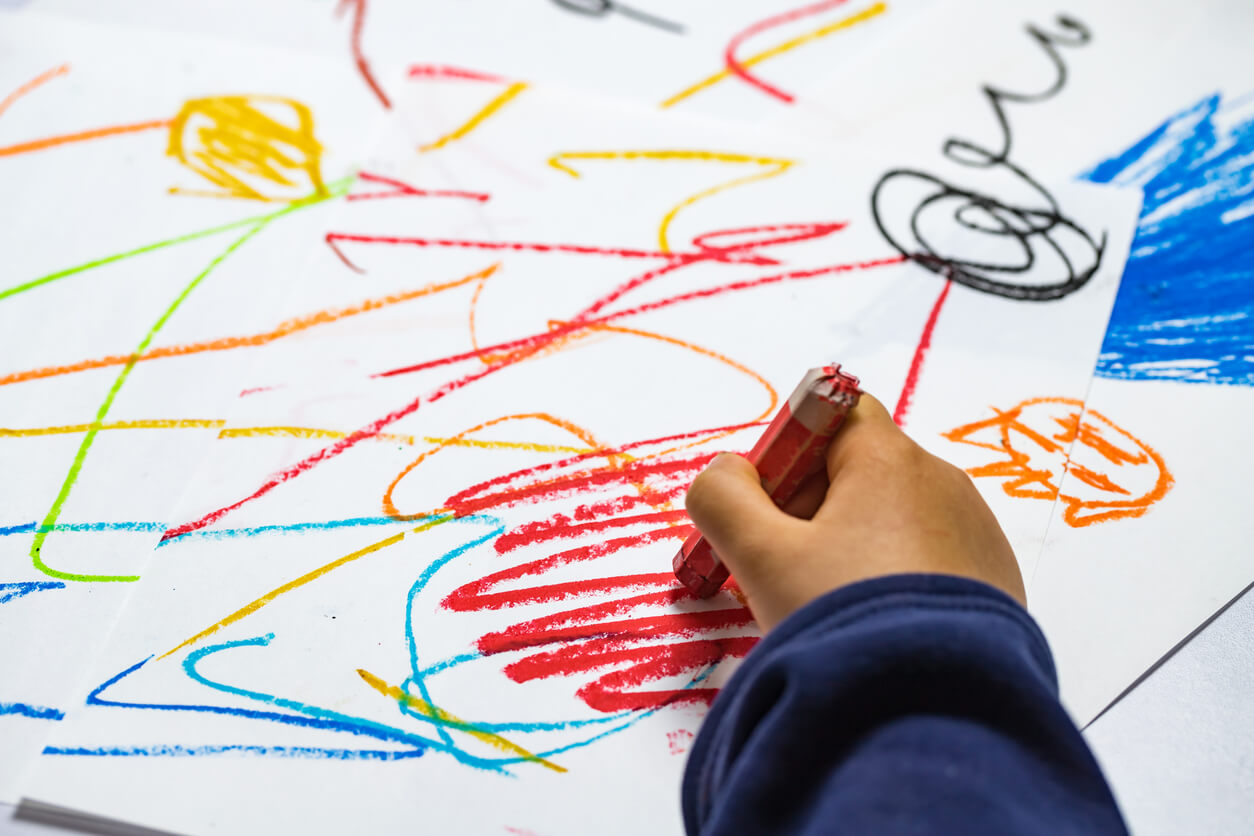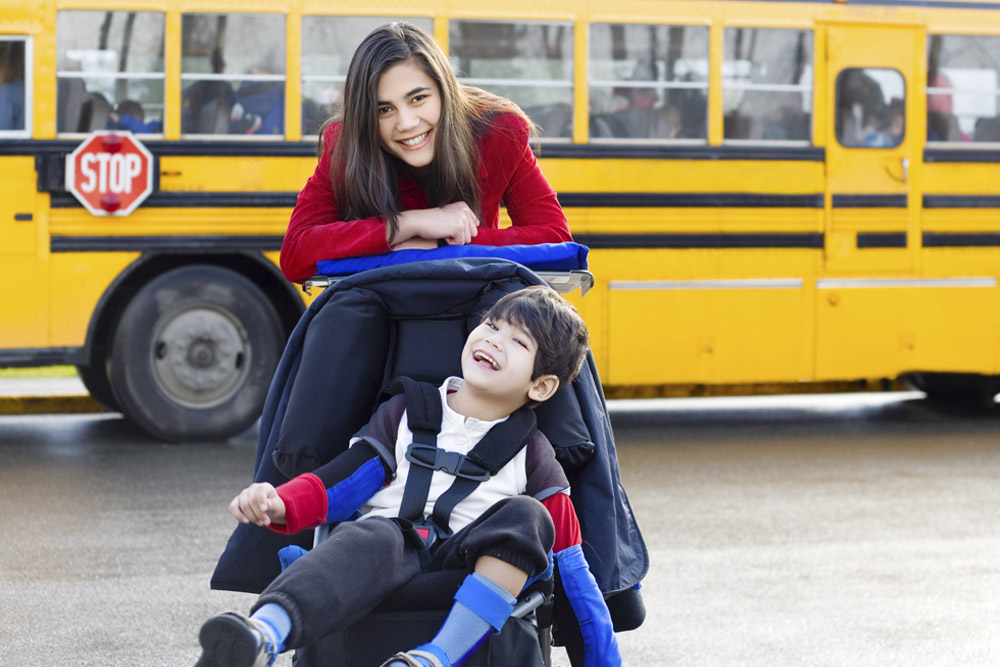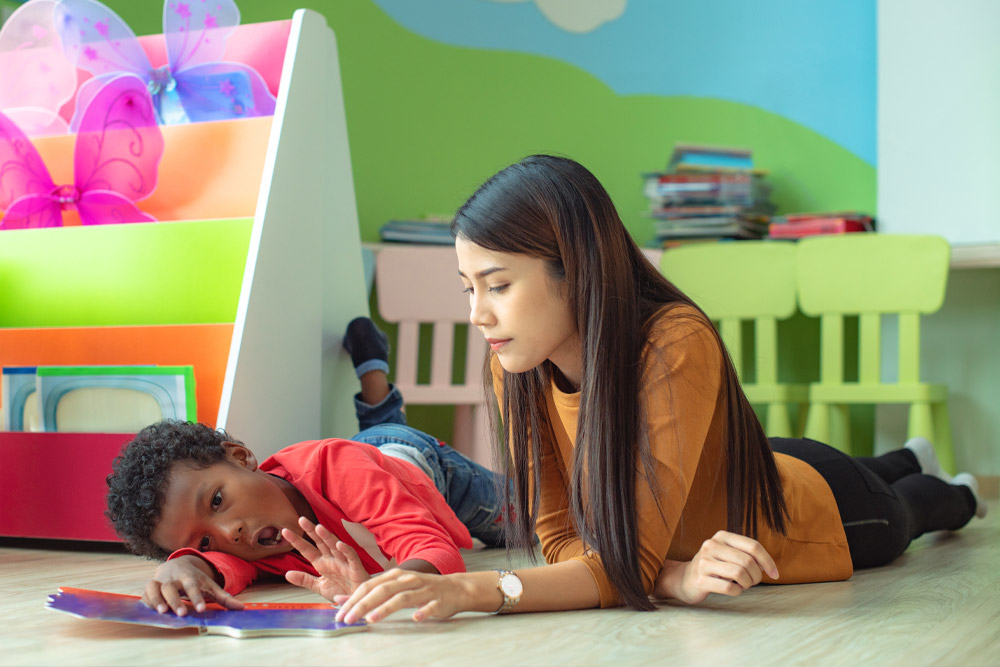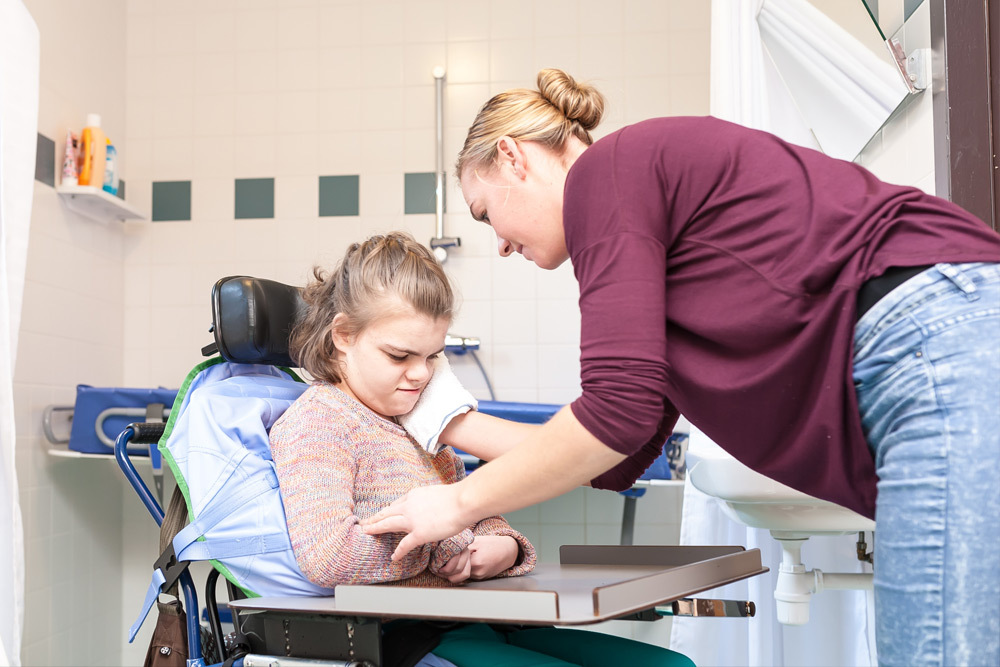
The PTS Difference
We offer a culture of empowerment. We strive to be the leading provider of pediatric therapy and related services in the country. We accomplish this by being compliant, transparent, listening to our clients and our providers, and by focusing on where passion and career meet. Find joy in your work.
We have a saying at PTS. “Do. More. Good. “ Every day we strive to help where it is needed. Answering a mom online that needs guidance, helping a school with sensory programming, working with students at local universities, and more. PTS is dedicated to connecting providers with opportunities and being the most progressive and engaged resource in the pediatric therapeutic world.
Reach out and talk to us today to learn more.













